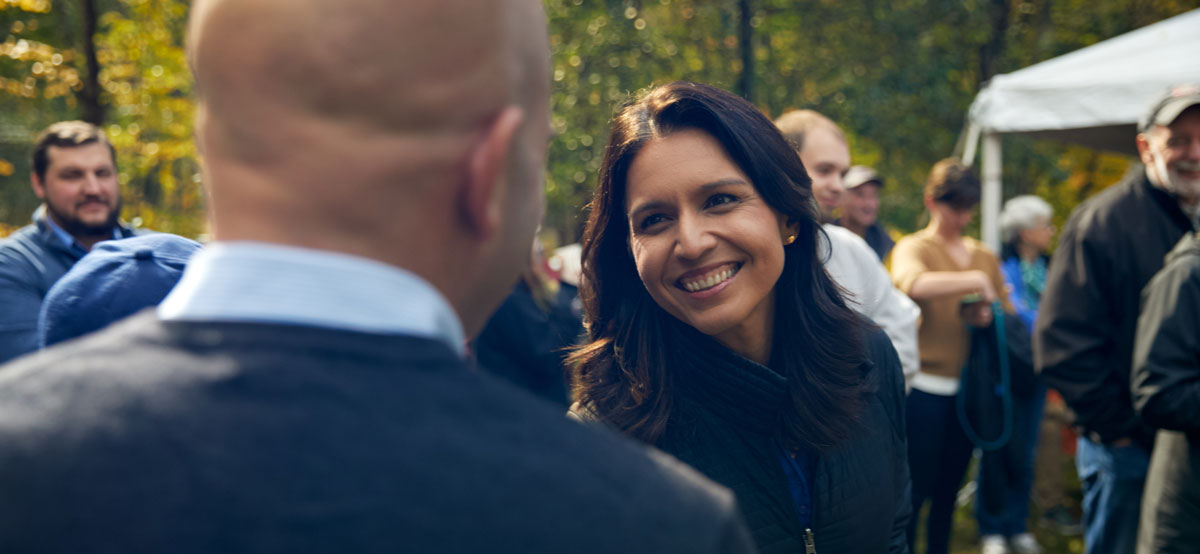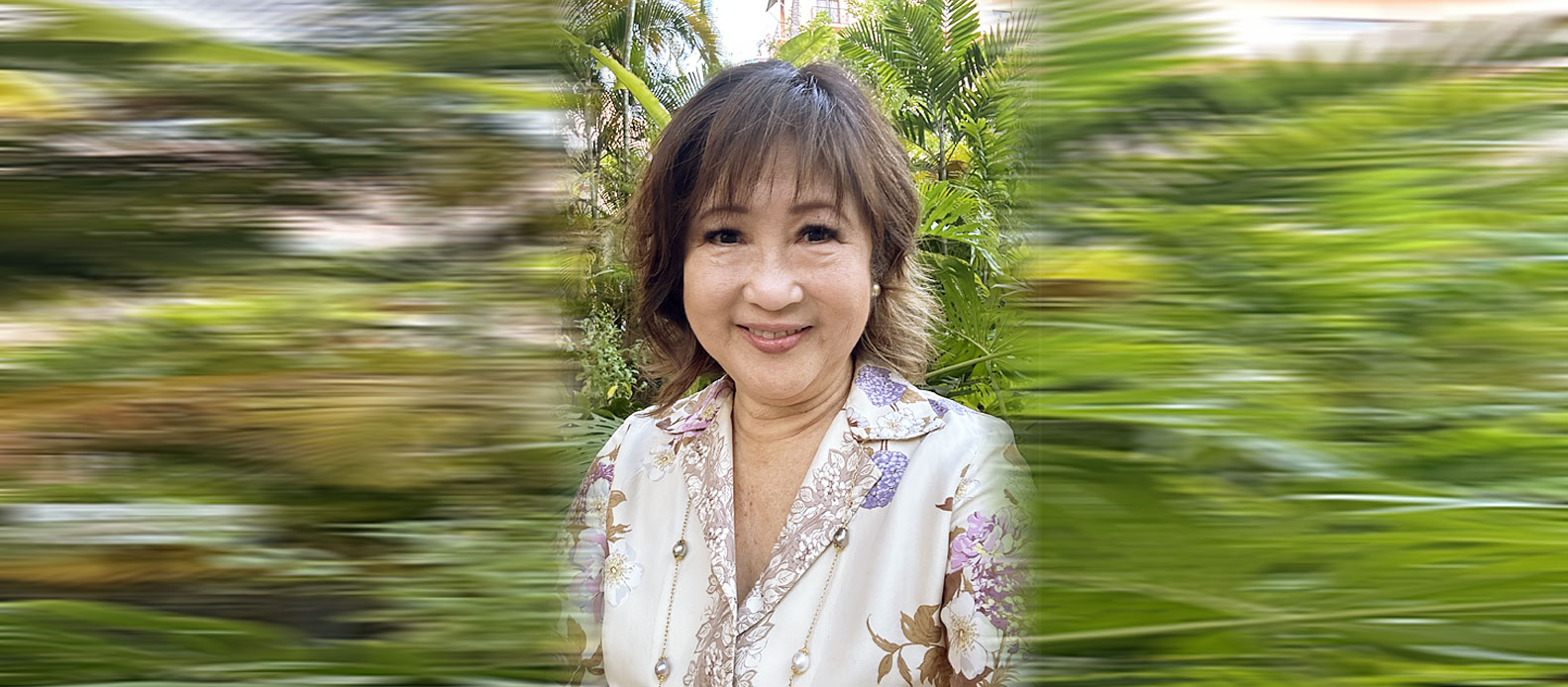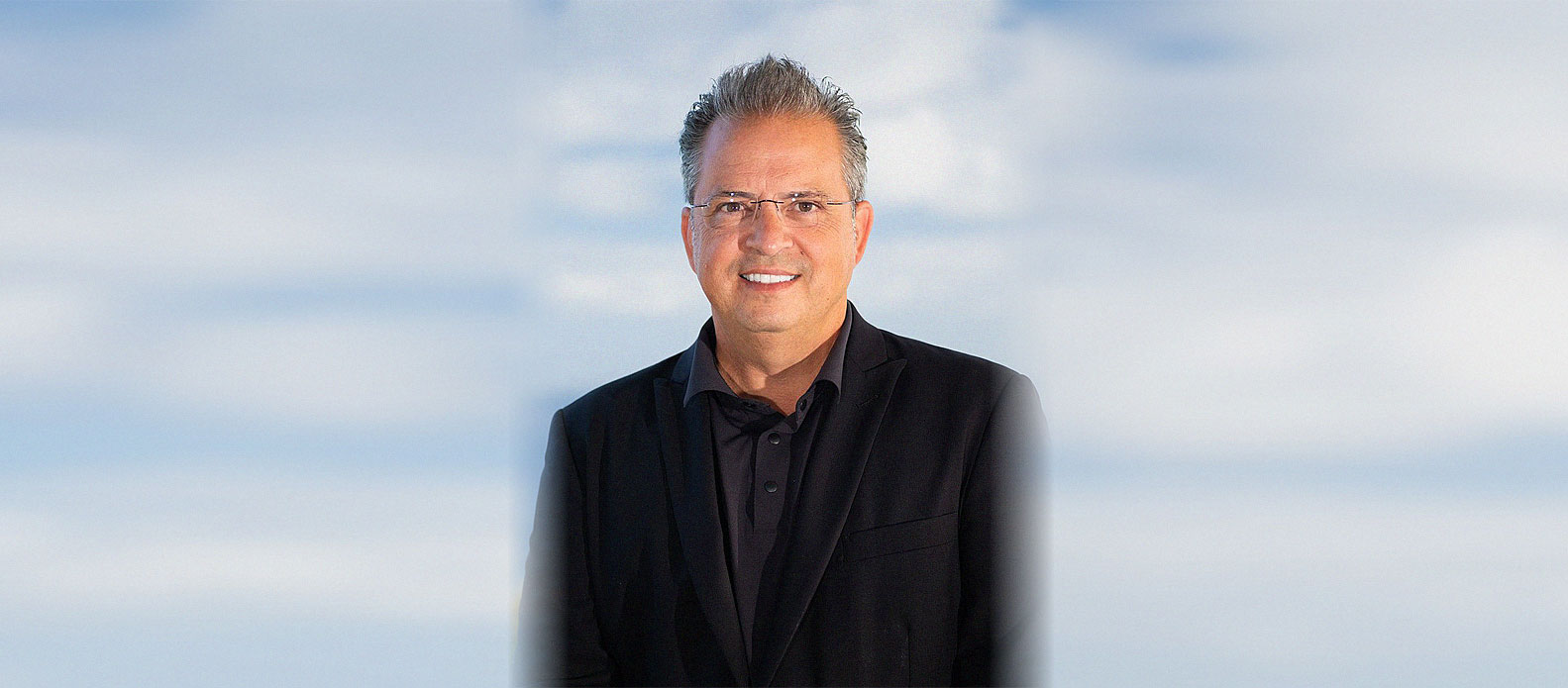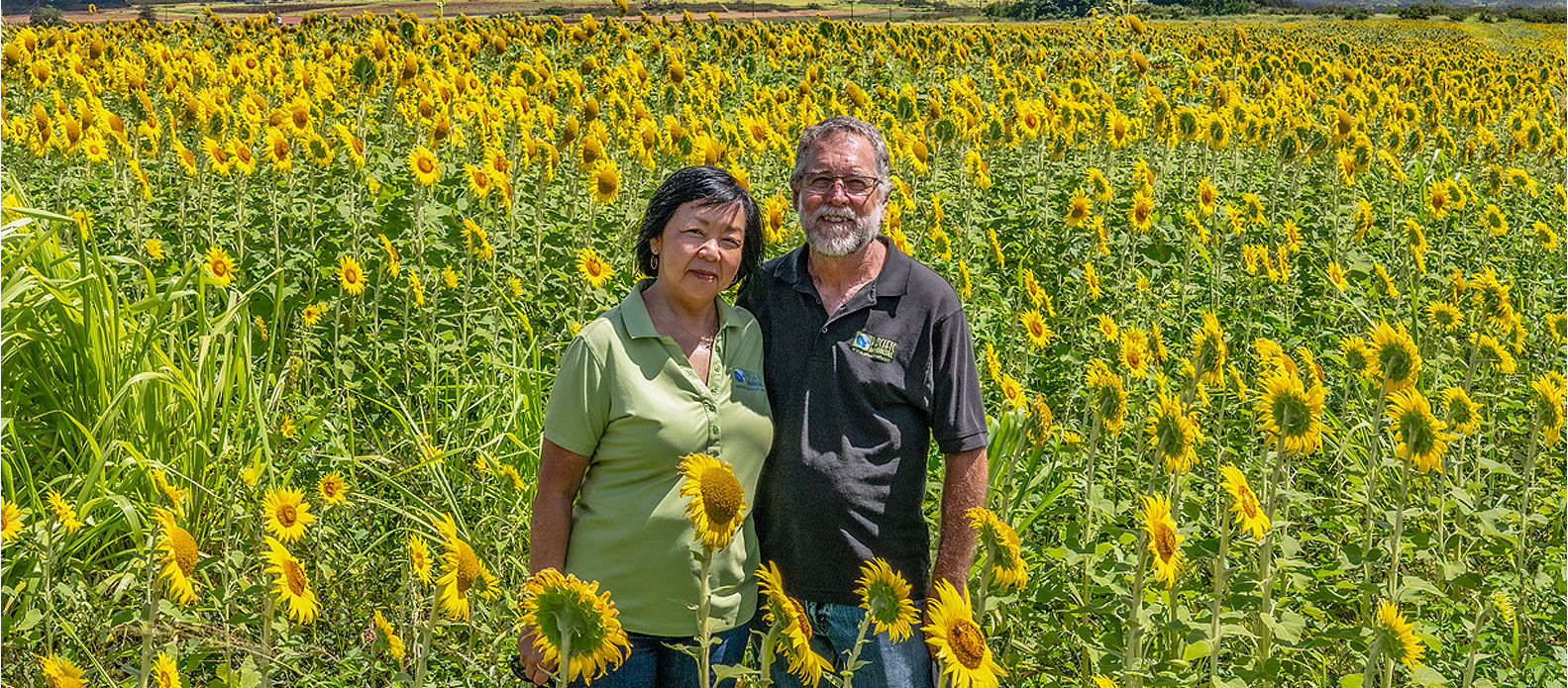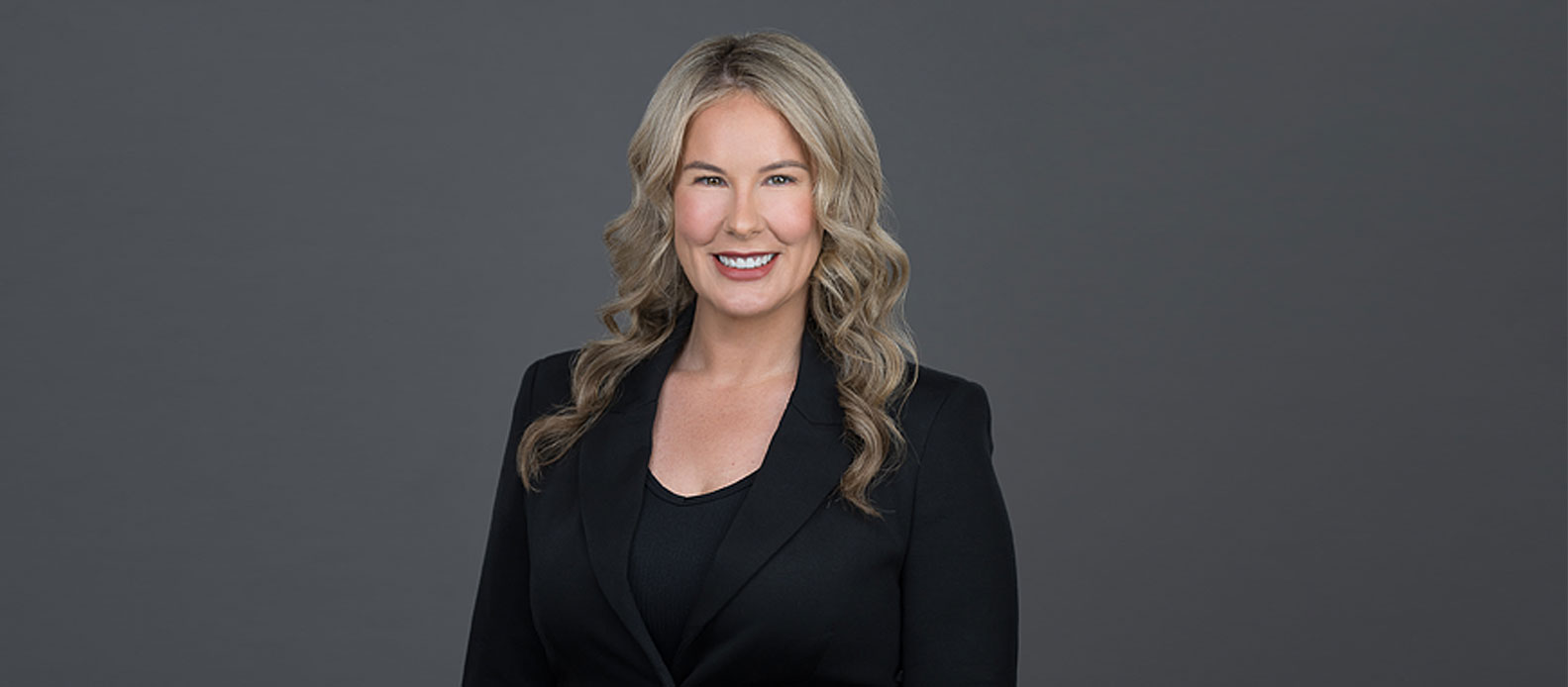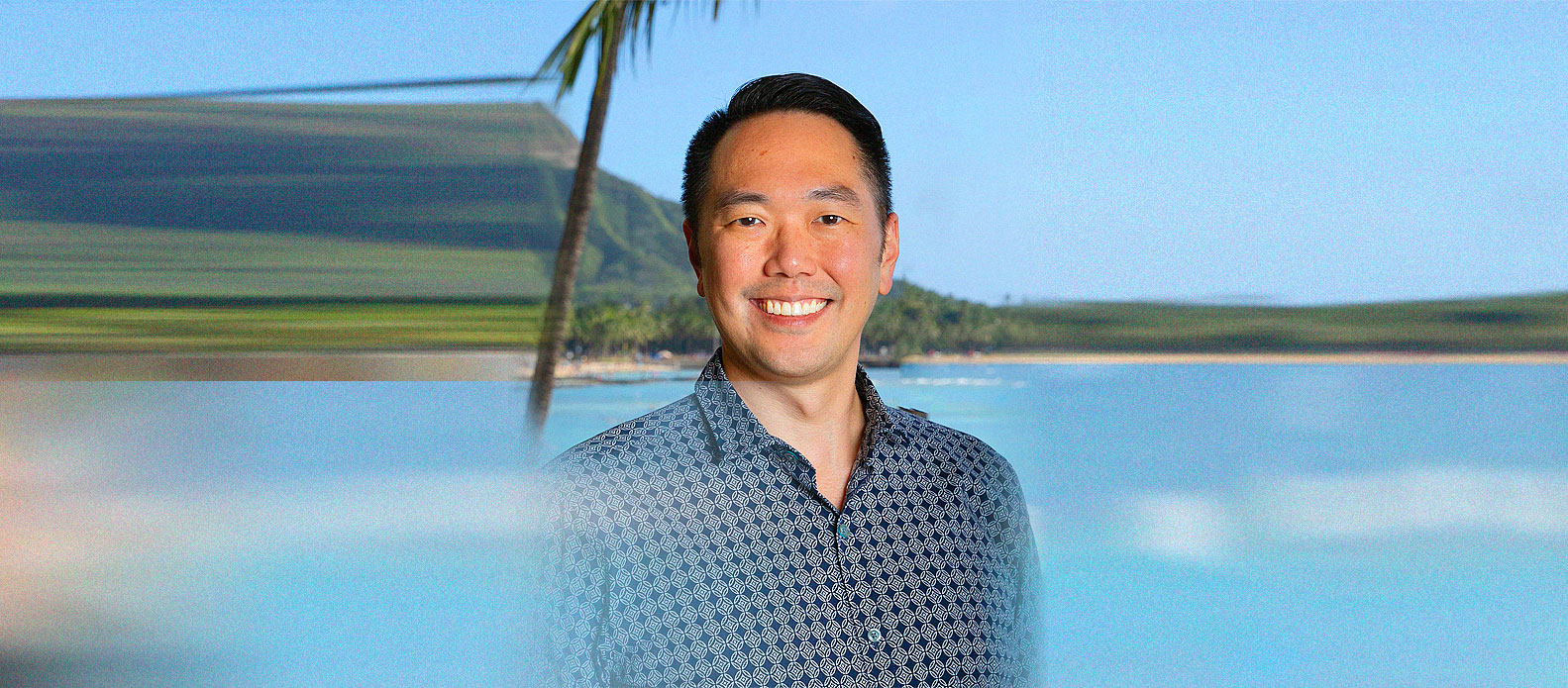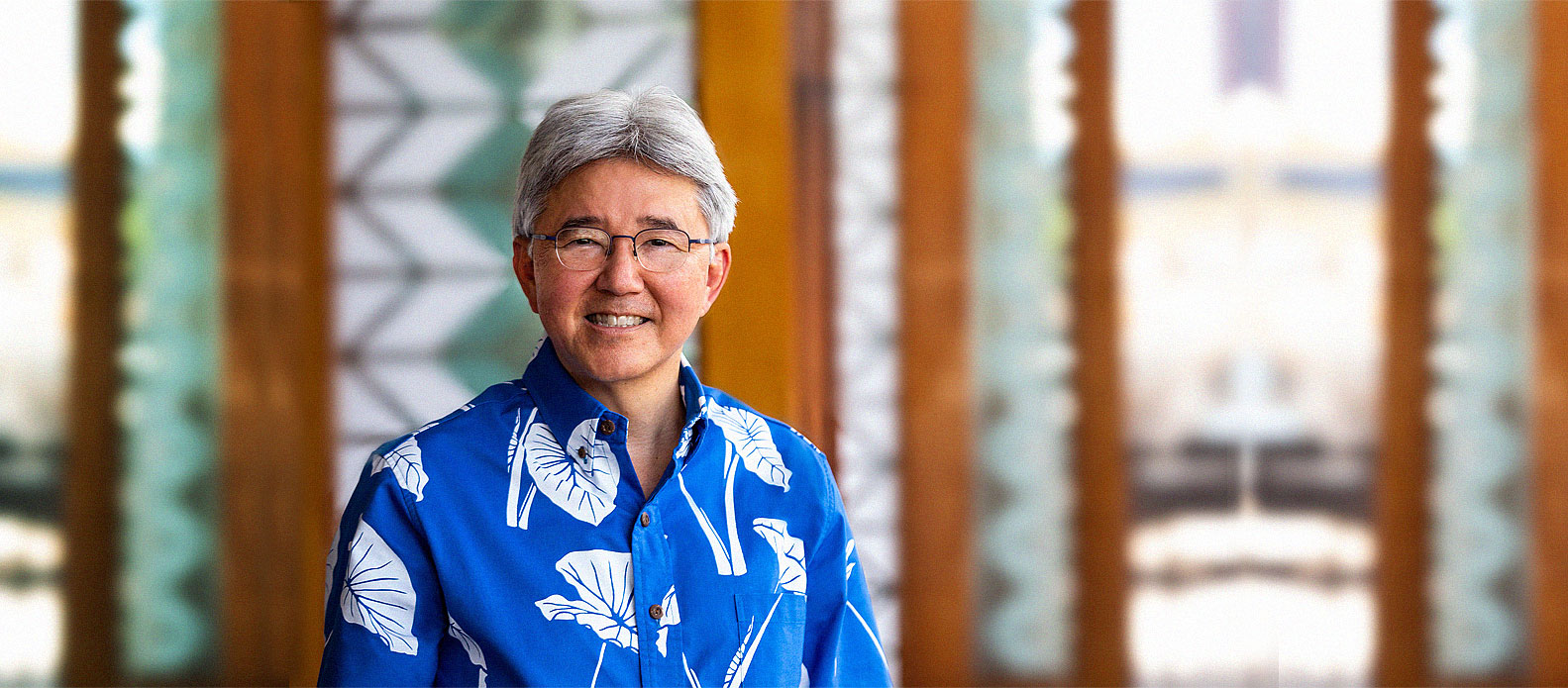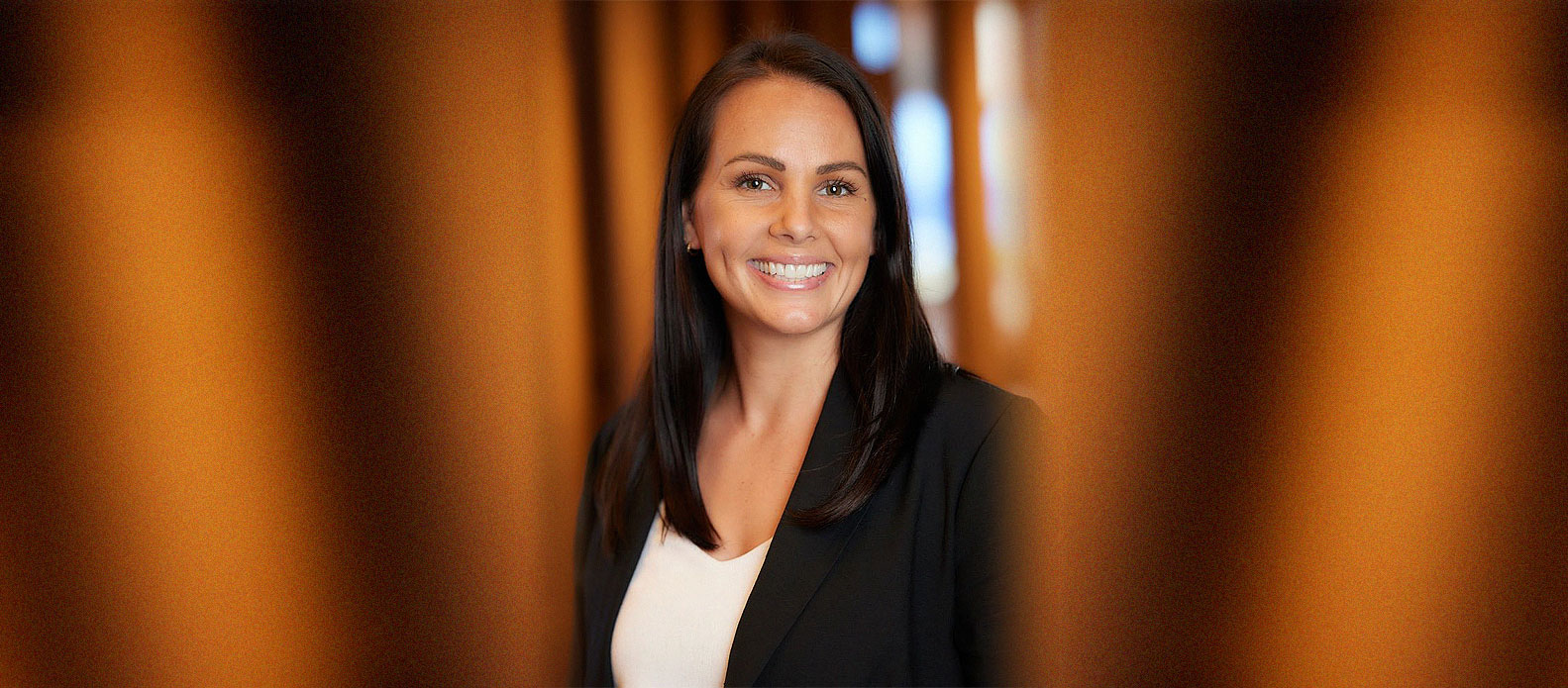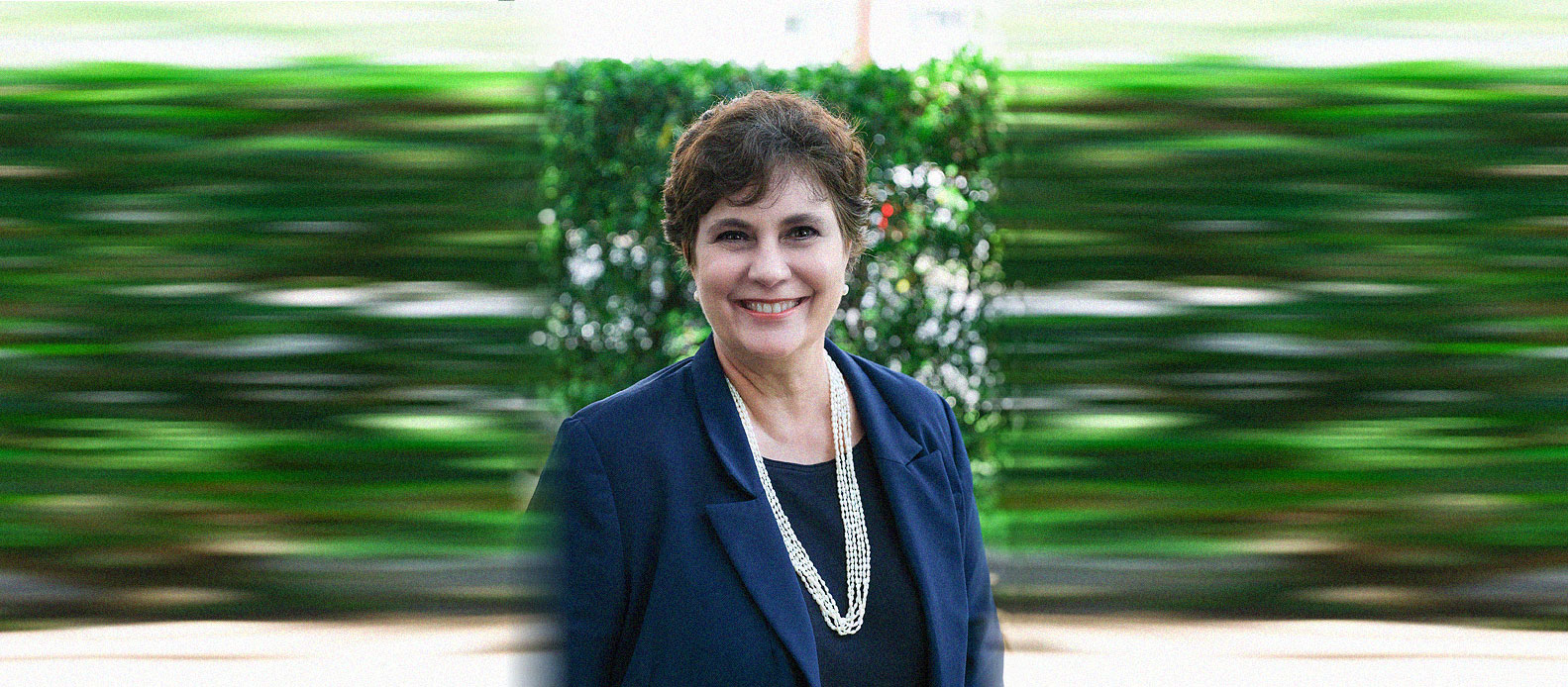
Who is Tulsi Gabbard?
As if there were an easy answer.
The short answer is, it depends who you ask. Surfer, environmentalist, yogini, vegetarian, mixed martial artist and combat veteran Tulsi Gabbard is a lot of things—including, potentially, the next president of the United States.
Let’s begin at the beginning. Tulsi Gabbard grew up in the islands but was born in American Samoa. Her father, Hawai‘i State Senator Mike Gabbard, moved the family to Hawai‘i in 1983, when Gabbard was two. She’s been a practicing Hindu since her teenage years, following in the footsteps of her mother, Carol Porter Gabbard, also a practicing Hindu and a former member of the Hawai‘i State Board of Education.
Save for a two-year stint at a girls’ missionary academy in the Philippines, Gabbard was homeschooled all the way through high school, helping her parents with their small family business, Hawaiian Toffee Treasures, as a teenager and co-founding the environmental nonprofit Healthy Hawai‘i Coalition with her father in 2001, going on to graduate from Hawai‘i Pacific University with a degree in international business.
At 21 years old, Gabbard was elected to the Hawai‘i State House of Representatives, becoming the youngest person ever elected to the Hawai‘i State Legislature and the youngest woman legislator in U.S. history. She was chosen to represent District 42 in West O‘ahu, serving Waipahu, Honolulu and ‘Ewa Beach.
In 2003, Gabbard made the decision to enlist in the Hawai‘i Army National Guard and volunteered to deploy for a 12-month tour of Iraq the following year, resigning her campaign for reelection to serve in a combat zone with the 29th Brigade as a medical-operations specialist. She deployed to Kuwait for a second tour in 2008 and was promoted from captain to major in 2015.
Upon her return from the Middle East, Gabbard won a seat on the Honolulu City Council, serving from 2010 until 2012, when she was elected to the U.S. House of Representatives in an upset victory over former Mayor Mufi Hannemann. Gabbard is the first Samoan-American, first Hindu and one of only two female combat veterans in Congress. She’s now in her fourth term as the U.S. Representative for Hawai‘i’s 2nd congressional district, serving alongside 1st congressional district Representative Ed Case.
Gabbard was a vice chair of the Democratic National Committee but resigned in 2016 to endorse Vermont Senator Bernie Sanders for the Democratic presidential nomination. In January 2019, she announced her own bid for the 2020 Democratic presidential nomination. Ahead, a brief overview of the campaign that could land Gabbard on the ballot for president next year.
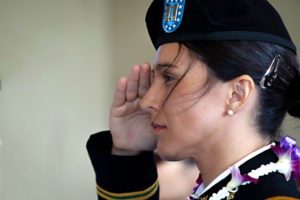 Tulsi 2020 key platform issues: war & peace, healthcare access, criminal justice reform and climate change
Tulsi 2020 key platform issues: war & peace, healthcare access, criminal justice reform and climate change
War & peace:
If the 2020 election goes favorably for Gabbard, she would be the first soldier to serve as commander-in-chief of the U.S. Armed Forces in more than 50 years. (The last time it was a soldier making decisions affecting the lives of other soldiers, World War I veteran Harry S. Truman was in office.) As such, Gabbard is an outspoken proponent of anti-interventionist foreign policy, citing her time in combat as reasoning for her call to end regime-change wars and her criticism of U.S. interventions in Iraq, Libya and Syria. She has also denounced U.S. involvement in the Yemeni Civil War and is outspoken against intervention in the 2019 Venezuela crisis.
Healthcare access:
Gabbard supports Medicare for All, a type of tax-funded, universal single-payer healthcare that covers the costs of essential healthcare for all U.S. residents. Her focus is on reducing the cost of healthcare overall, preventive health, bringing down the cost of prescription drugs and increasing prescription drug transparency.
Criminal justice:
Gabbard is a staunch advocate of criminal justice reform and a vocal opponent of the privatization of prisons. She is working toward criminal justice legislation to reduce recidivism, address the lack of transition for people who have served their time, reduce the economic impact of the cost of incarceration and reduce the human impact of incarceration. She is critical of the war on drugs and supports the decriminalization of both medical marijuana and—more controversially—sex work.
Climate change:
Gabbard’s aggressive Off Fossil Fuels for a Better Future Act calls for the U.S. to achieve 100 percent clean, renewable energy by 2035 and includes provisions to stimulate the economy and transition workers to jobs in the renewable energy sector. She is also pushing for legislation and funding for increased protections of our oceans, reefs, water infrastructure, national parks and aquifers. However, Gabbard is not a co-sponsor of the Green New Deal, an economic stimulus program that aims to address climate change and economic inequality, expressing concerns over its “vague language.”
TULSI 2020 controversies: former anti-LGBTQ sentiment, foreign policy
Former anti-LGBTQ sentiment:
Since announcing her 2020 presidential campaign in January, Gabbard has been the subject of public scrutiny over her early-2000s campaign against equal rights and protections on LGBTQ issues. She has since reversed her position on LGBTQ rights and released a video apologizing for her prior opposition to pro-gay legislation and former ties to the Alliance for Traditional Marriage, the anti-gay rights organization run by her father, Senator Mike Gabbard.
Foreign policy:
Gabbard has also drawn criticism for her defense of Syrian President Bashar al-Assad, who is suspected to have been behind the recent chemical attacks on Syrian civilians as part of the country’s ongoing civil war. She’s since defended both her decision to meet with al-Assad in 2018, describing the meeting as a “fact-finding mission,” as well as her opposition to removing him from power by force.

